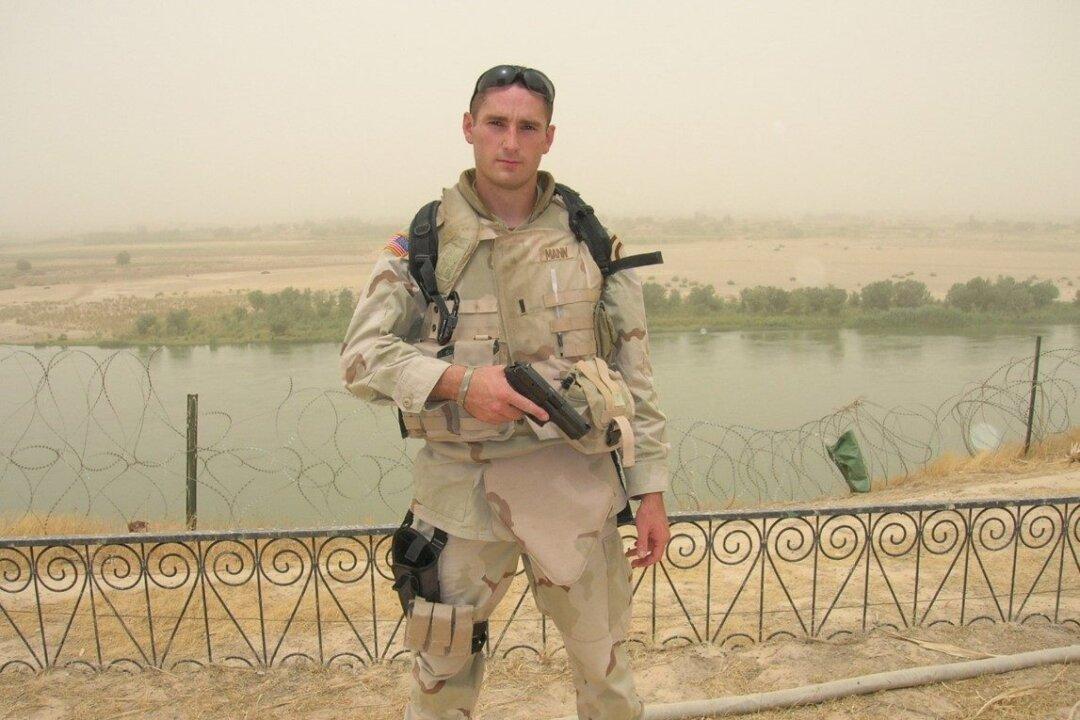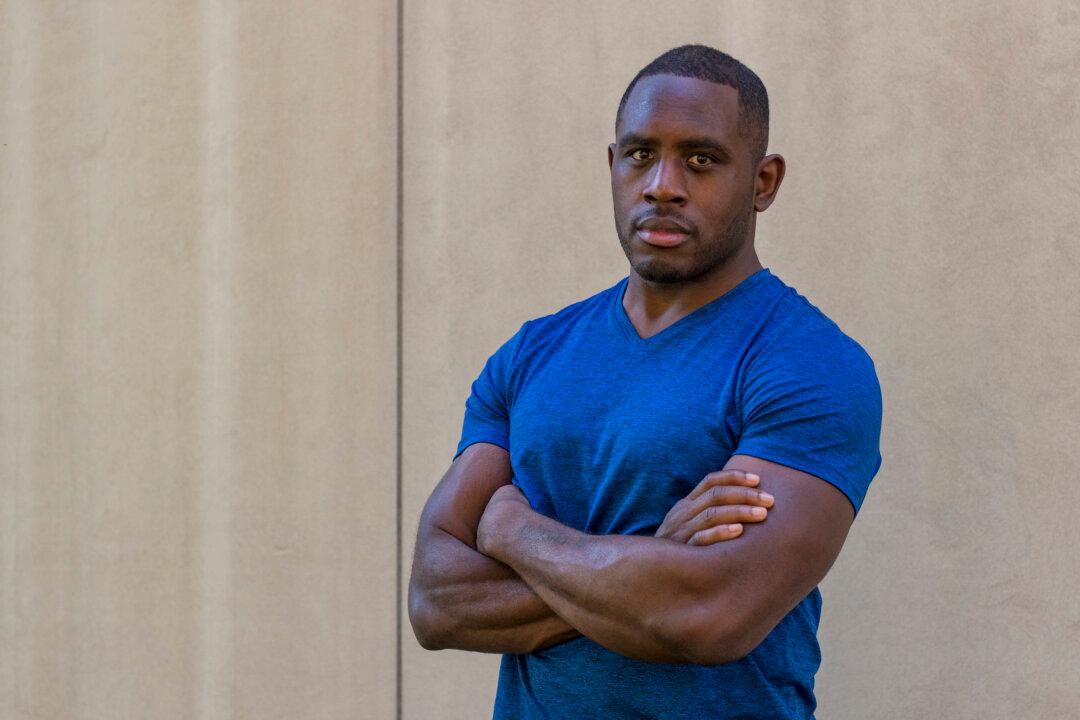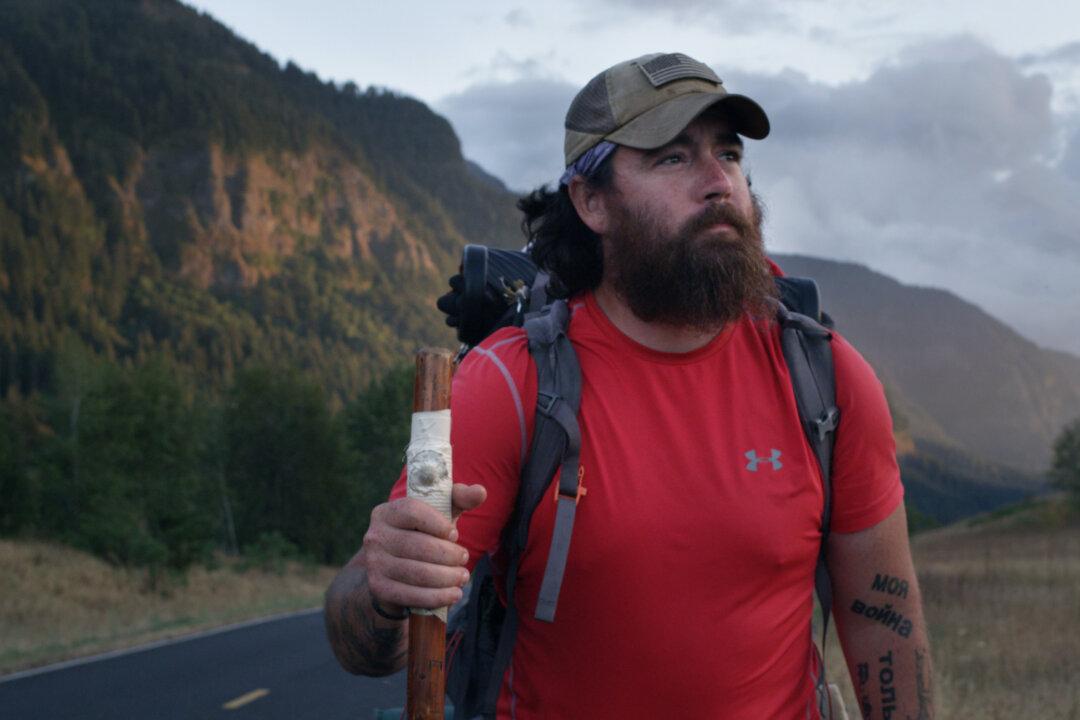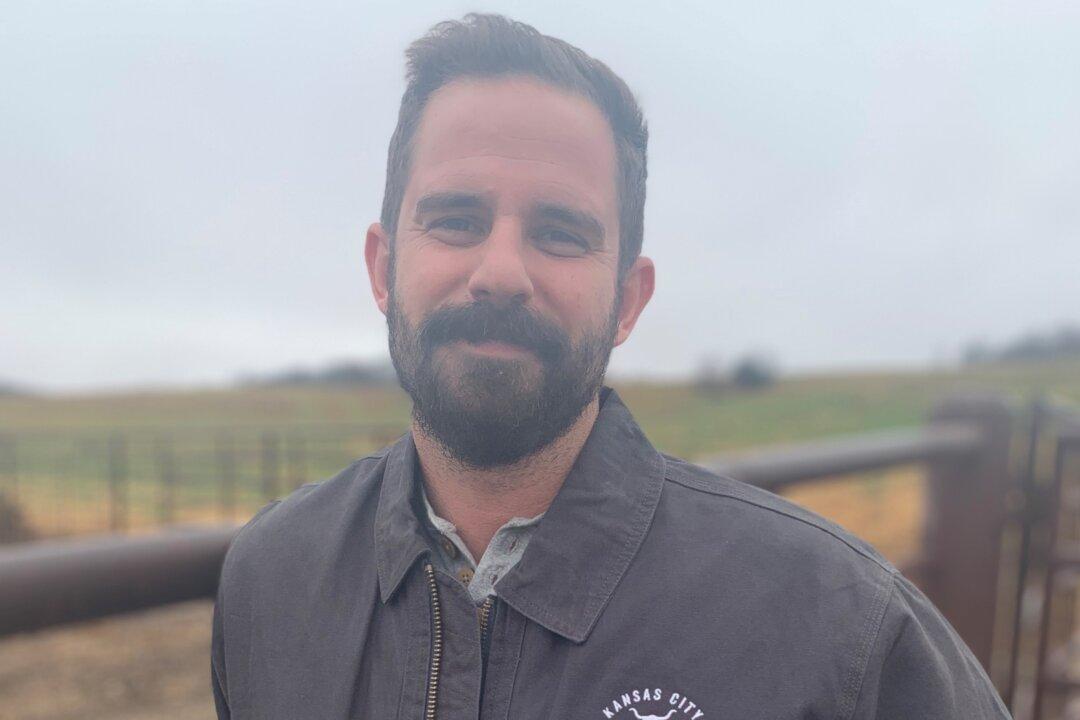NEW YORK–Sometimes, our greatest dream can seem like a daunting, impossible undertaking. You want to be a successful actor or novelist, but the journey to get there looks too difficult.
One Iraq War veteran is creating a community of people called Break Diving to help you get there. No Rules, No Excuses, No Regrets.






